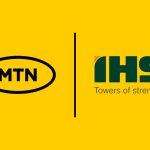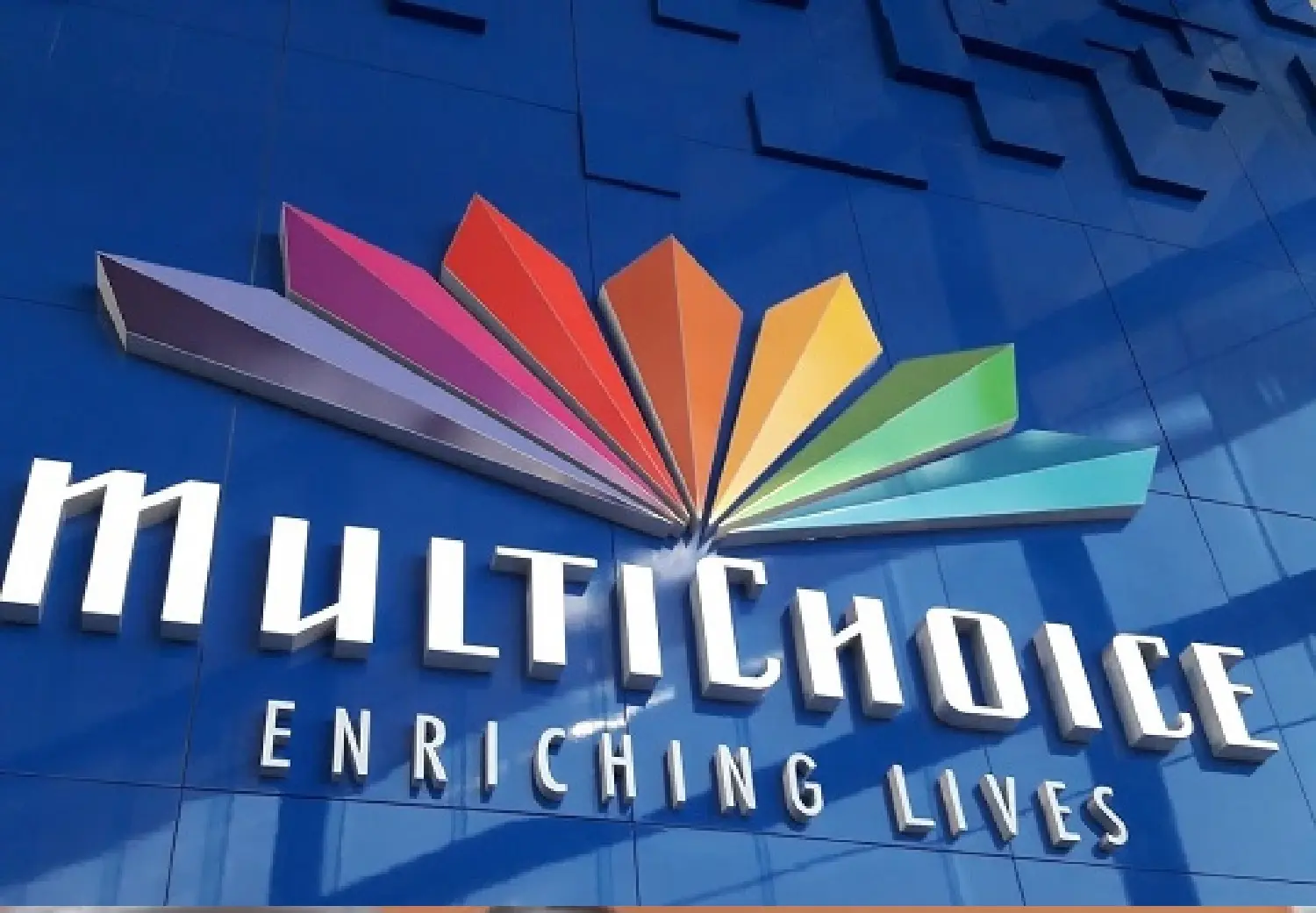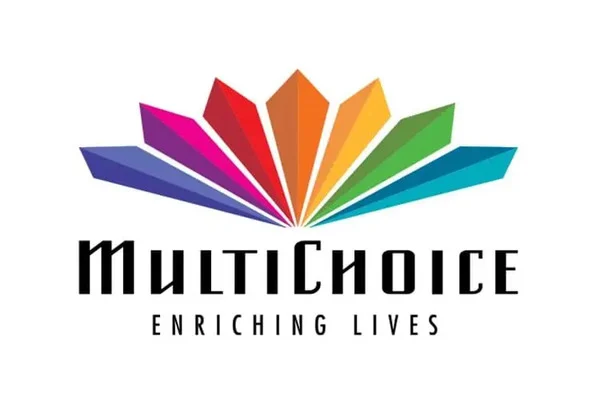Top Authors
Popular Posts
ATCON Leadership Visits NCC, Strengthens Collaboration on QoS and Underserved Areas
NCC Calls for Stakeholder Input on Review of National Telecommunications Policy 2000
MTN’s $6.2bn IHS Deal Faces Federal Government Review Amid Telecom Monopoly Concerns
Court Blocks MultiChoice’s Bid to Hike DStv, GOtv Subscription Prices in Nigeria
In a major win for consumer rights, the Federal High Court in...
MultiChoice Suffers $50.2 Million Loss
November 19, 2023
MultiChoice, a prominent media company, has announced a...
Multichoice Nigeria Hikes DStv and GOtv Subscription Fees by 19%
November 4, 2023
Multichoice Nigeria, the Pay-TV operator, has declared a second...
DStv to Increase Prices of Bouquets from the 1st of April
February 16, 2023
DStv, a Sub-Saharan African direct broadcast satellite service...
MultiChoice Rejects Senate’s Pay-Per-View DSTV Subscription Model
September 23, 2022
Stakeholders including a major cable television firm in the...
DSTV-GOtv Price Hike: Tribuna Orders MultiChoice To Produce Financial Report
September 7, 2022
A Competition and Consumer Protection (CCPC) Tribunal in Abuja,...
MultiChoice Wins Historic Copyright Suit Against Major Telcos
June 25, 2022
Some years ago when MultiChoice noticed that Safaricom and Jamii...


















